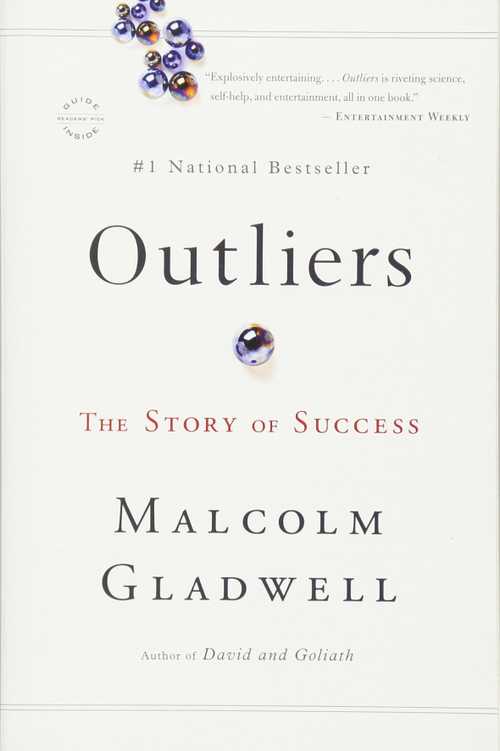Outliers
August 2, 2020 • ☕️ 4 min read
In Outliers, Malcolm Gladwell truly digs deep on what makes the “outliers” - the brightest, the most famous and the most successful, and how they became to be? He sheds light on the fact that we as a race focus too much on the success itself but rarely enough on the environments they had supporting them, their culture, their family, and their experiences growing up.
As Gladwell, succintly puts it
Biologists often talk about the “ecology” of an organism: the tallest oak in the forest is the tallest not just because it grew from the hardiest acorn; it is the tallest also because no other trees blocked its sunlight, the soil around it was deep and rich, no rabbit chewed through its bark as a sapling, and no lumberjack cut it down before it matured. We all know that successful people come from hardy seeds. But do we know enough about the sunlight that warmed them, the soil in which they put down the roots, and the rabbits and lumberjacks they were lucky enough to avoid? This is not a book about tall trees. It’s a book about forests
Gladwell talks about how aribitary cutoff dates can bring out such a difference in the years of the month most pro-league sports players are born in. Paraphrasing an example from the book, if the cutoff date is January 1st, then anyone born from January 2nd onwards in that year has to wait a year before they can join the league, but that wait actually works in their favors. Come next year, when its time for selections the kid older by almost 12 months is obviously much bigger and has more hand-eye coordination, and is hand-picked for more training and practice.
Factors like these above all contribute to these athletes reaching the magical 10,000 hours number as Gladwell puts it, a magical cutoff line after which their proficiency in the skill is unmatchable.
Talking further about environments that success grows up in, he talks about the disparity that arises between low-income and middle income students. As Gladwell quotes a researcher, “the middle-class children learn a sense of ‘entitlement’”, that allows them to speak for themselves and demand a certain sense of respect and help when required, whereas that entitlement is not seen in kids from lower income families. Kids from middle income families often go upto teachers to ask for extra help when they need it, and ask questions when they do not understand a topic, while the lower income students beat themselves up in that sense attributing it to their poor intelligence when that might not necessary be the root cause. Parents from middle class families also actively encourage their children’s skills, chauffer them from one class to another after school to develop their kids interests, whereas the lower income students do not have that kind of luxury, and might even be forced to work in the same period.
Personally, Gladwell’s book also brought me to highlight some of my own circumstances, and be more reflective and grateful of those times where I was the one getting chauffered from one class to another. Its no suprise to me that one of the musician’s that I have grown to love also derives inspiration from this book.

“10,000 hours,” Corden read from above the bedroom doorpost.
“Is that how you felt, when you were in this room, ‘we’re gonna put our 10,000 hours in now?‘”
“Malcom Gladwell, Outliers, yeah. [Finneas] definitely felt like that. That was his whole thing,” Eilish responds.
